Resource Blog
Featured
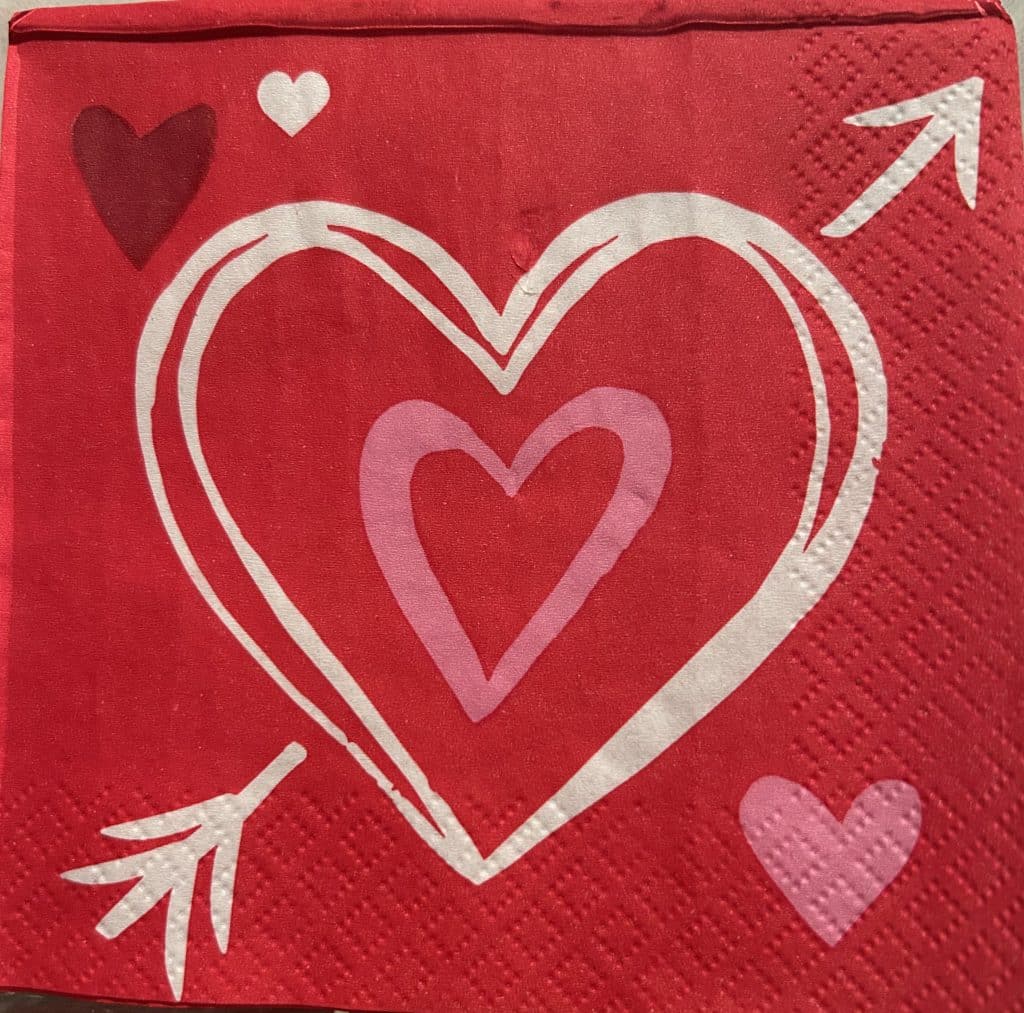
Valentine’s Day and Kindness
Valentine’s Day celebrations in schools promote kindness and social-emotional learning. They include all students in a structured environment. The tradition fosters students’ empathy, friendship, and
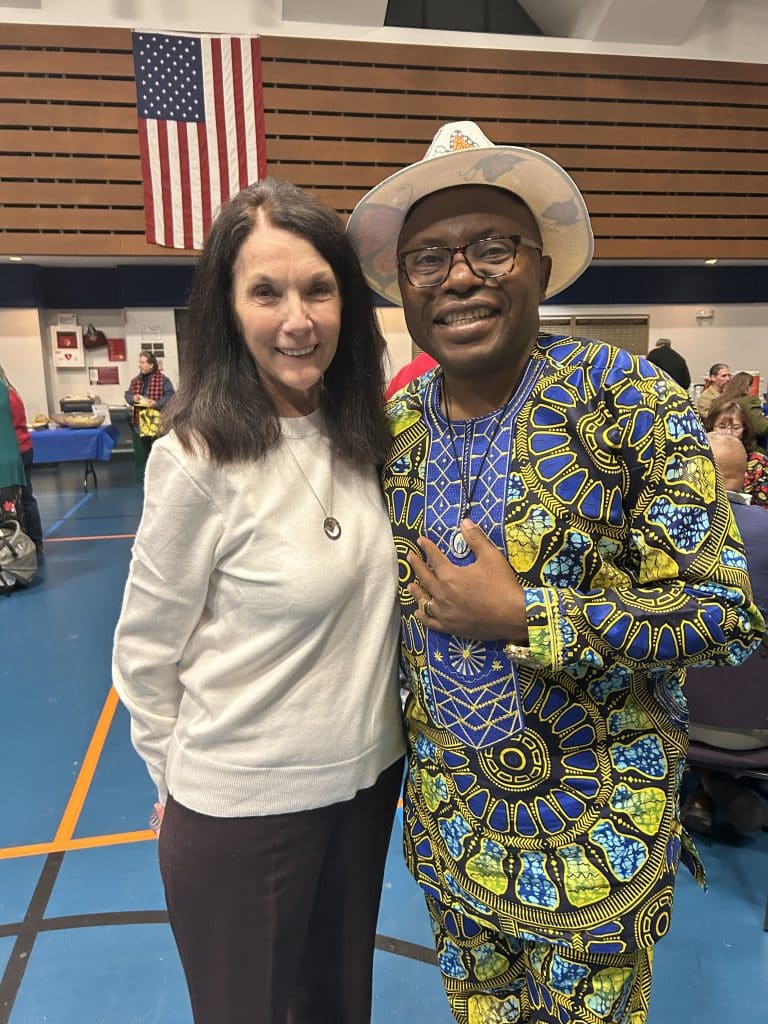
Black History and America
Black History Month is a time set aside to honor those who have made significant contributions to the development of today’s America. It teaches students
All Posts

Focus Keeps Students on Task
Focus and attention are important in school. However, many stimuli contribute to students’ losing focus. Teachers struggle to keep students focused on a lesson. Students
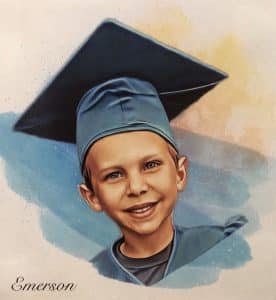
Teacher Training Creates Quality
Teacher training provides educators with the latest programs, strategies, and pedagogy. The availability of discretionary grants provides teachers with high-quality preparation and professional development. Discretionary
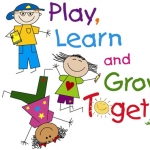
DEI Programs to Leave Schools
DEI programs aim to increase diversity, equity, and inclusion. They encourage students of diverse backgrounds and viewpoints, including those of different races, ethnicities, genders, sexual,
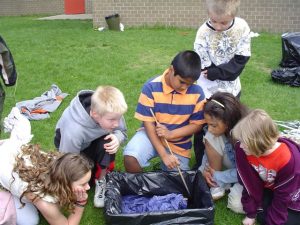
Educating Boys Today
Educating boys is more challenging than educating girls. Boys of all ages are doing worse in school than girls. Boys are diagnosed with learning disabilities

Social and Emotional Behavior
Social and emotional behavior of students programs are in schools and have been for many years. Teaching students to control their emotions, sympathize with others,
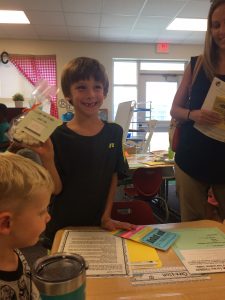
Parental Involvements in School
Parental involvement in school determines student success. Engaged parents can create a supportive environment for students. They can produce academic growth and personal development. However,

Classroom Computers Motivate Students
Classroom computers motivate students to learn. Technology is not a distraction or a way for teachers to take a break. It encourages students to be
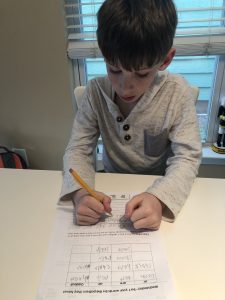
Warm-Up Activities for Focus
Warm-up activities get students into a new lesson. They help first thing after the bell when students enter the classroom. Too often, students think about

Open-Book Tests Show Understanding
Open-book tests give teachers a realistic picture of real-world problem-solving and remove the focus from memorization of facts. This type of test is an assessment

Conflict, Violence, and Students
Conflict and violence affect school personnel and students. Students in grades preschool to high school experience some form of violence each year. Violence and conflict